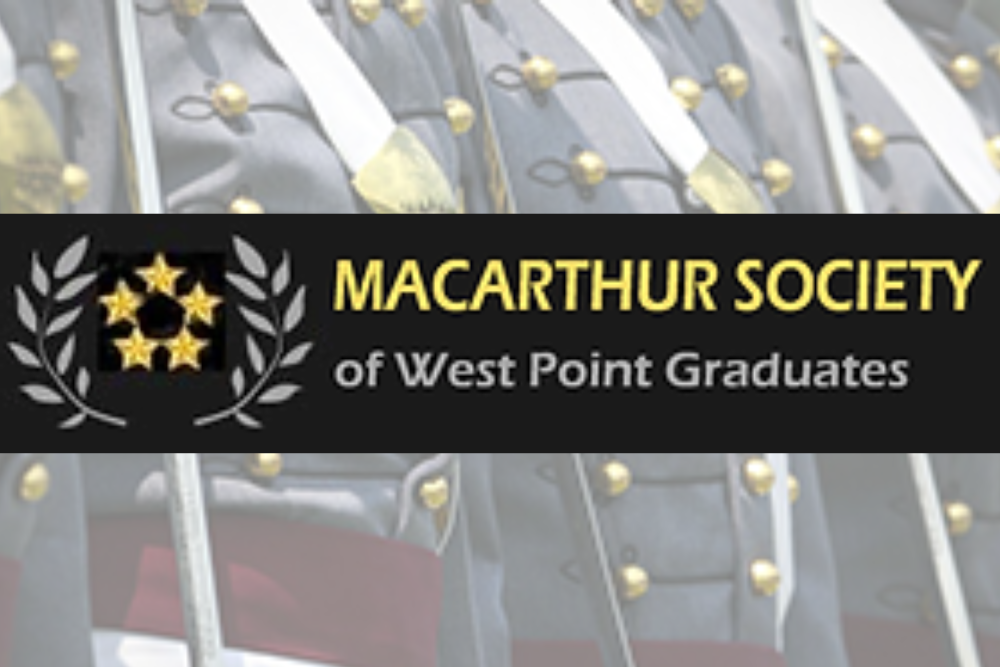Duty, Honor, Country Commission Service
Three Service Academy alumni organizations, noted above, have prepared a draft Presidential Executive Order to establish a Presidential Special U.S. Service Academies Commission through the Heritage Foundation’s Project 2025. If the President signs this order in January 2025, the Secretary of Defense, in coordination with the Executive Office of the President will appoint a blue-ribbon panel as Commission Members. This is the “Duty, Honor, Country Commission.”
The seven to nine members of the Commission will be noteworthy asnational standard bearers of integrity, professionalism, leadership, and – frankly – wisdom. The Duty, Honor, Country Commission will affect the Academies, their respective Armed Services, and our national defense through the rest of this century. The historical significance of institutional change and its potential to shape the course of our national destiny can not be overstated. GEN MacArthur’s reforms at West Point fostered generational successes.
The Commission is appointed for two years, but most of the work will be completed in a tight 300 day schedule. There should be about 5 to 7 meetings in the Washington DC area, and on-site trips (3) to the academies. Members should be compensated with Government per diem for travel, lodging, and meals.
The Service Academies are believed to be doing many things right with the exceptional young Americans under their tutelage. Yet, the small portion of what is wrong, like a cancer, can be fatal. Most notably, the inculcation of absolute personal and professional standards of integrity through the Honor Systems is in doubt. Race-based admissions, espousing the Cultural Marxism of Diversity Equity and Inclusion (DEI) and Critical Race Theory (CRT), and special privileges for athletes are evident, but the full extent of these and other problems isn’t clear. What makes Academy graduates different from ROTC graduates from any other liberal arts college? Consequently, the intellectually honest, data and fact-based analysis in a non-partisan inquiry by the Commission is needed to align the academies with the needs of the Services.
The Commission will report what needs to be retained as is, restored, reformed, and improved for the Academies. Its commissioners fully understand the solemn trust the American people place in their Armed Forces to prepare warrior leaders to defend these United States of America and the Republic for which it stands. This trust is inviolable. Above all, the Service Academies set the standards for their Officer Corps, their Service, and the Nation for integrity. Their Honor Systems were inculcated into cadets and lived by graduates. The exceptions proved the rule.
Military and naval service virtues are older than America. They include immutable aspects of leadership, courage, innovation, and selfless service. Likewise, the core values and the military and naval virtues sustained by the Service Academies do not change. The Service Academies must become as apolitical as possible. The warrior-leader virtues should not be trifled or experimented upon by partisan politics. They should not be set aside for academic fads.
The Commission’s tasks are layered in complexity. They require deep discernment as well as real wisdom to provide long-term solutions. They require understanding the essence of the academies in a constantly changing, evolving American society. Furthermore, they demand knowing how to cement institutional transformation to serve through this century. The Duty, Honor, Country Commission’s duties are epochal.


